| "This was an incredibly difficult period of time. But when we look at one another, the question is, did we do enough? Did we sacrifice even a little bit for the health and for the business and for others?" - Andy Slavitt, former White House senior adviser for the COVID-19 response, on mistakes made during the pandemic
Welcome to the "Face the Nation" Five at Five newsletter. Scroll down for your five takeaways from today's broadcast of "Face the Nation" with Margaret Brennan on CBS. Did someone forward you this? Sign-up at cbsnews.com/email. 1. Blinken says China "has to cooperate" with international probe into coronavirus origins 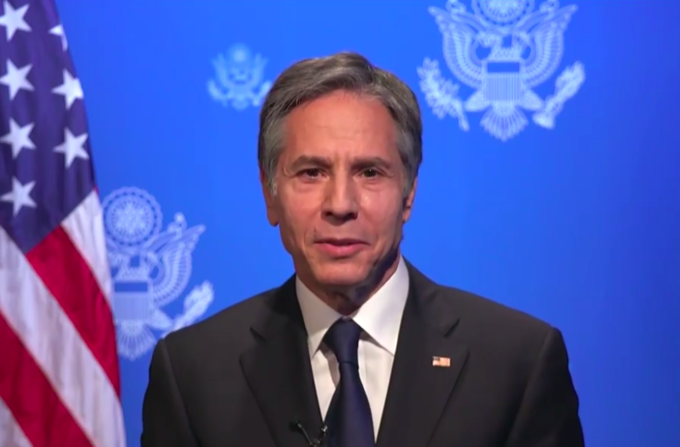 Secretary of State Antony Blinken said Sunday that China must cooperate with further investigations from the United States and the World Health Organization into the origins of COVID-19, with the world now "insisting" that Beijing do so. In an interview with "Face the Nation," Blinken said the main purpose of the examinations is to ensure proper policies and mechanisms can be put in place to prevent another pandemic from happening again or mitigate another outbreak. What Blinken said: "China has to cooperate with that. Transparency, access for international experts, information sharing, that has to happen and, again, I think you're seeing countries come together to insist on that." Why it matters: While the WHO issued a study in March on COVID-19's origins and found it is "extremely unlikely" the virus leaked from a lab in Wuhan, China, the Biden administration has raised concerns about the methodology and process for the examination, as well as China's involvement. 2. Collins pushes "targeted, responsible" bipartisan infrastructure deal 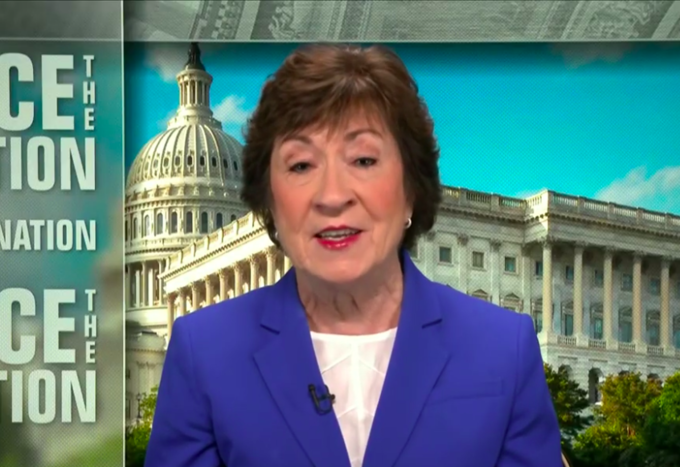
Republican Senator Susan Collins of Maine advocated Sunday for a "targeted, responsible" infrastructure package with bipartisan backing as a group of senators attempts to broker a deal with the White House to rebuild the nation's roads, bridges and waterways.
What Collins said: "We have five Republicans and five Democrats who got together to hammer out the framework for a targeted, responsible infrastructure package. One way that it differs is that it includes provisions for resiliency, for strengthening the materials that we use to build our roads and bridges and to strengthen our electrical infrastructure. It includes some energy provisions that are important to the administration and to many of our members as well." Why it matters: Discussions on an infrastructure bill between the White House and a group of Republican senators led by Senator Shelley Moore Capito broke down last week after the two sides failed to reach consensus on the scope of a plan and how to pay for it. But on Thursday, a group of senators composed of five Republicans and five Democrats that launched their own negotiations, of which Collins is a part, announced they reached a deal. 3. Slavitt faults Trump administration for "deadly sins" at start of pandemic 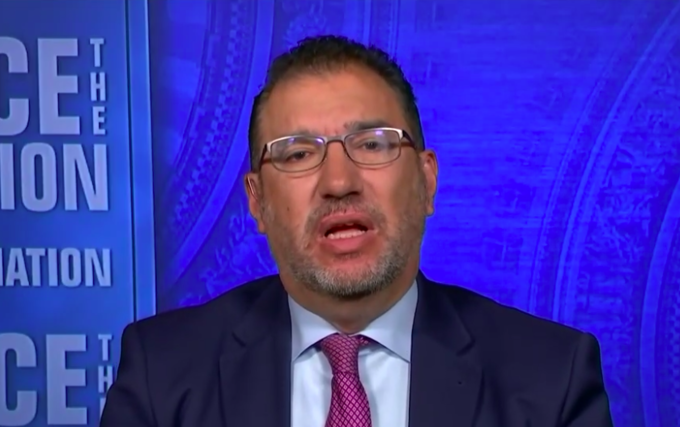
Andy Slavitt, who until last week was President Biden's senior adviser for the COVID-19 response, said Sunday that the Trump administration committed three "deadly sins" in its handling of the coronavirus pandemic that cost American lives.
What Slavitt said: "I think that sort of the populist nature, being a populist during a pandemic is really not a great combination because you're going to have to make some tough decisions. You're going to have to make people unhappy. And I think Trump saw in his base a stirring of anti-mask characterizations and other things, and he played into those things because, I think it felt like a different route. And I think those three things were things that were, you know, cost us a lot of lives." Why it matters: Slavitt, who has a new book on the U.S. coronavirus response, said there were both technical and political mistakes that worsened the pandemic's impact across the nation, such as the Centers for Disease Control and Prevention's lack of tests and a dearth of face masks, as well as a culture of denying science. But he said the American people also have to acknowledge the roles they played. 4. Gottlieb says Delta virus variant likely to become dominant U.S. strain 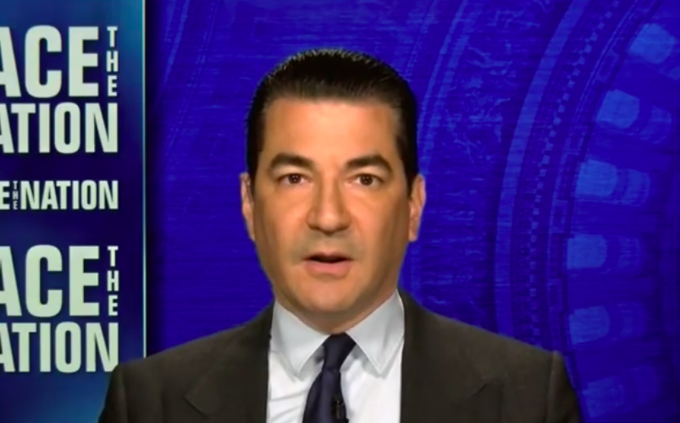
Dr. Scott Gottlieb, the former commissioner of the Food and Drug Administration, said Sunday that a coronavirus strain known as the Delta variant is likely to become the dominant source of new infections in the U.S. and could lead to new outbreaks in the fall, with unvaccinated Americans being most at risk.
What Gottlieb said: "Right now, in the United States, it's about 10% of infections. It's doubling every two weeks. That doesn't mean that we're going to see a sharp uptick in infections, but it does mean that this is going to take over. And I think the risk is really to the fall that this could spike a new epidemic heading into the fall." Why it matters: The Delta variant, also known as B.1.617.2, was first discovered in India and is one of three related strains. It has become infamous for its ability to outpace and replicate quicker than other variants in its lineage. 5. CBS News poll: Vaccinated or not, Americans venture out 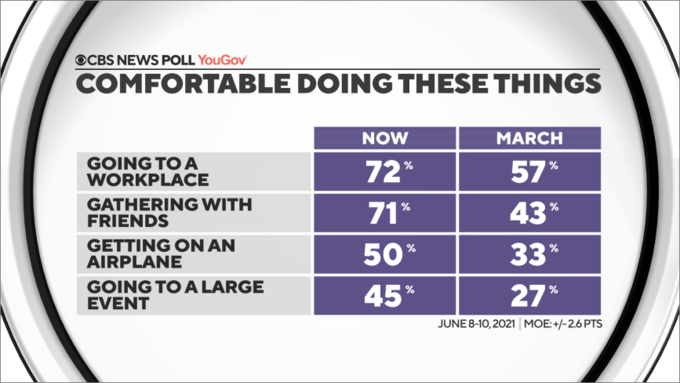 As businesses reopen and Americans reemerge from pandemic life, they've got some requests for the venues they'd frequent and are still collectively exercising a bit of caution. They're largely comfortable gathering with friends at parties, taking road trips and going to restaurants, and harbor more mixed feelings about places that draw larger crowds and about plane flights. But as you've perhaps seen for yourself at an airport or watching a sports event lately, that comfort level is certainly up since earlier this spring, before most were vaccinated. Most believe businesses that handle travel and crowds ought to be taking an array of safety measures and that employers can mandate vaccines for their workers. In terms of who is out and about, vaccinated people tend to be comfortable, but non-vaccinated people -- of whom there are still many --are just as comfortable, if not more so, going out to public places than those who are vaccinated. ICYMI: Watch our CBS News correspondents' latest reporting U.S. cities are racing to reopen to full capacity, but officials warn the pandemic isn't over. CBS News senior national correspondent Mark Strassmann reports from Atlanta on cities lifting pandemic-era restrictions. COVID-19 cases are surging in the global south as WHO warns that the Delta variant has reached at least 62 countries. CBS News senior foreign correspondent Liz Palmer reports from London on the global impact of the COVID-19 pandemic. | 
No comments:
Post a Comment